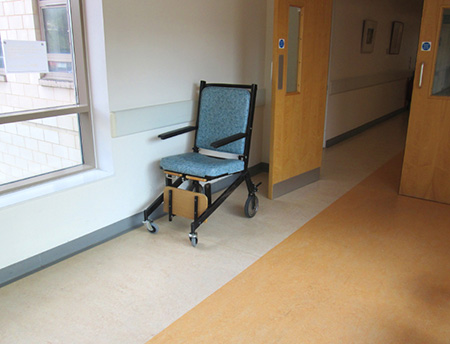The state of primary care and how it varies across the UK is currently generating significant debate. Primary care refers to the nationwide network of local GP practices, which are designed to be the first point of contact with the NHS. There are often reports of stark differences in the quality of doctors’ surgeries depending on where you are in the country, a situation which has become known as the “postcode lottery”. One of the stories earlier this year concerned the obesity epidemic and a warning from the Royal College of Surgeons that weight loss programs are being cut in certain parts of England but retained in others, leading to a disparity in care depending on geographical location. Patients who are dissatisfied with their primary care often decide to contact medical negligence solicitors or seek alternative ways to obtain treatment quickly and effectively, so it’s vital that the issue is addressed.
A&E visits a growing trend
There are various theories as to the reasons for an increasing number of patients bypassing their GPs altogether and going straight to their local hospitals (ie. the secondary care provider). Many claim it’s the difficulty of obtaining a timely appointment with their doctor which prompts them to go straight to A&E, often with minor conditions which could be easily resolved by their GP. Others are self-diagnosing due to information available on the internet and want to see a specialist immediately rather than waiting to be referred, perhaps also thinking they can get round the postcode lottery in their area by avoiding their doctor. There’s also a theory that certain groups of immigrants are accustomed to going straight to A&E with a medical complaint, as the equivalent of primary care doesn’t exist in their home countries. Whatever the reason, higher numbers of people visiting A&E clogs up the system and generally slows down the whole process of receiving medical care.

Combating the decline of primary care
So how does the government go about tackling the postcode lottery and persuade patients to use their local GPs? One way could be to remove funding from hospitals to deal with walk-in patients who could be treated by a GP. One obvious problem with this idea is that time would still need to be spent in deciding whether their ailment warrants hospital attention. Another solution might be to integrate primary and secondary care by encouraging a mixture of staff with different skillsets to work together, rather than maintaining the divide between GPs and specialists. The disposal of NHS assets has also been touted as a means of freeing up funds to improve local surgeries. However, perhaps one of the most obvious ways of raising and unifying standards within primary care, as well as making it more easily accessible, is for the government to raise taxes or divert more money to the NHS. Whatever is decided, it’s vital that action is taken to build a better care model which works effectively for everyone.
